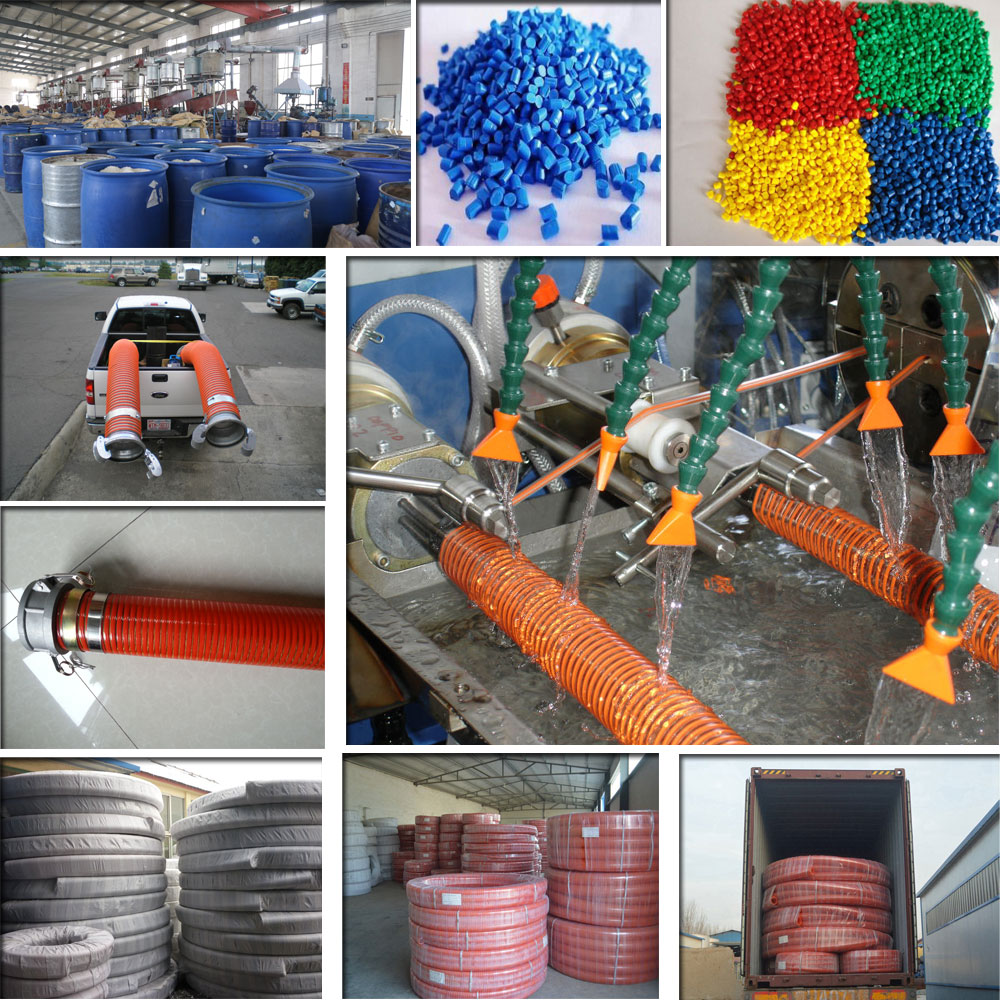PVC Corrugated Flexible Pipe - Durable, Versatile, and Reliable Plumbing Solutions
Understanding PVC Corrugated Flexible Pipe A Comprehensive Overview
PVC (Polyvinyl Chloride) corrugated flexible pipes are an essential component in various plumbing, drainage, and construction applications. Their design offers a unique blend of flexibility, durability, and ease of installation, making them a popular choice for both residential and commercial uses. Understanding the features and benefits of PVC corrugated flexible pipe can help stakeholders make informed decisions about their applications.
Key Features of PVC Corrugated Flexible Pipe
1. Flexibility One of the most notable characteristics of PVC corrugated flexible pipes is their ability to bend and adapt to different shapes and layouts. This feature makes them particularly suitable for installations where traditional rigid piping would be challenging to use. The corrugated structure allows for easy maneuverability, facilitating installation in tight spaces and around obstructions.
2. Durability PVC pipes are known for their resistance to corrosion and chemical degradation, which means they can withstand harsh environmental conditions. This makes them ideal for use in drainage systems, stormwater management, and other applications where exposure to moisture and chemicals is common. Additionally, the robust construction of corrugated pipes allows them to tolerate high pressure and impact, further enhancing their longevity.
3. Lightweight Unlike traditional metal pipes, PVC corrugated pipes are significantly lighter, which reduces transportation and handling costs. Their lightweight nature allows for easier installation, as fewer resources are needed to lift and position the pipes.
4. Cost-Effective The overall cost-effectiveness of PVC corrugated flexible pipes makes them an attractive option for various projects. Their longevity and durability reduce maintenance costs over time, and their easy installation can save labor expenses.
pvc corrugated flexible pipe

Applications of PVC Corrugated Flexible Pipe
1. Drainage Systems One of the primary applications of PVC corrugated pipes is in drainage systems. They are commonly used in both surface and subsurface applications, such as stormwater drainage and agricultural field drainage, providing effective solutions for managing excess water.
2. Sewer Systems This type of piping is also utilized in sewer line applications. Their resistance to chemicals and flexibility allows them to be used in complex sewer systems where traditional pipes may not be practical.
3. Irrigation In the agricultural sector, PVC corrugated flexible pipes are often employed for irrigation systems. Their durable construction ensures they can handle the rigors of field conditions while efficiently delivering water to crops.
4. Cable Protection Beyond fluid transport, PVC corrugated pipes are used for protecting cables and electrical lines. Their structural integrity and flexibility mean they can safeguard wiring from environmental damage and physical impact.
Conclusion
In summary, PVC corrugated flexible pipes present a myriad of benefits that make them indispensable in various sectors, including construction, agriculture, and utilities. Their flexibility, durability, lightweight nature, and cost-effectiveness contribute to their growing popularity. As industries aim for more efficient and resilient solutions, PVC corrugated flexible pipes stand out as a reliable choice, adapting to the needs of modern infrastructure while providing longevity and performance. Understanding these pipes' attributes and applications can significantly enhance their effective implementation in diverse projects.
-
Top Quality Oxy Acetylene Hoses for Sale Fit for Welding DemandsNewsJul.28,2025
-
The Future of Pneumatic Air Tubes in IndustryNewsJul.28,2025
-
Superior and Reliable LPG Hose Pipe Solutions for Every NeedNewsJul.28,2025
-
Exceptionally Durable and Versatile Premium Braided PVC TubingNewsJul.28,2025
-
Best Adapters for Connecting Garden Hose to PVC Pipe ConnectionsNewsJul.28,2025
-
The Essential Role of LPG Hoses in Safe and Efficient Gas DistributionNewsJul.16,2025














